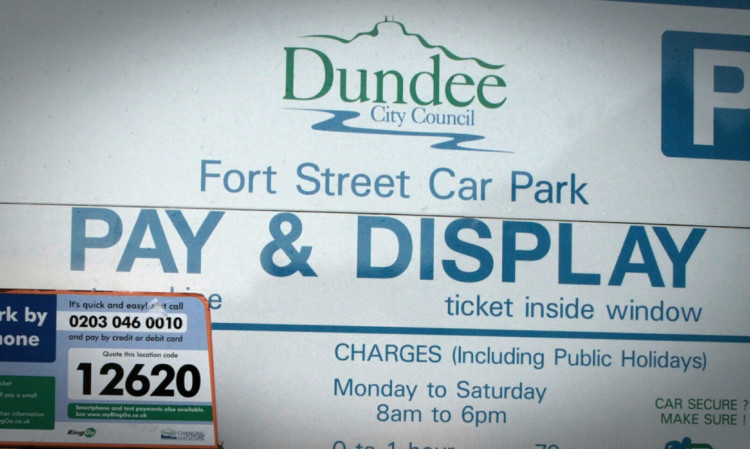The city council has denied getting its budget figures drastically wrong.
The claim had been made by Kevin Keenan, from the opposition Labour group, who said he was concerned that income from car parking, dealing with trade waste and property rental was almost £1.5 million less than expected.
He suggested the shortfalls showed that Dundee had been worse hit by the recession than other parts of Scotland and representations ought to be made to the government.
Mr Keenan said: “This is revenue we expected to come in. How are these budgets so far out? When it comes to projecting income we are getting it drastically wrong.”
Councillor Willie Sawers, the SNP’s depute convener of the policy and resources committee, replied: “I don’t think we are doing anything drastically wrong.”
A report showed income from off-street car parking was £356,000 below target, with vacant properties accounting for a £478,000 drop in rent payments. Income from trade refuse and the sale of recyclable materials was down by £635,000.
However, Marjory Stewart, the council’s director of corporate services, said the overall revenue budget of £334 million was still expected to break even for the 2013-14 financial year.
She accepted there was a gap in the city development department’s finances and a detailed analysis was being carried out to see what could be done to address that, but it was a sign of the general economic times.
She believed that rising fuel prices were responsible for the drop-off in car parking income as people had decided to make fewer journeys by car.
The committee also heard that the environment department was looking into how to grow its trade waste income.
Councillors approved plans for a new phase of potential changes to the council’s structure and operations as part of its ongoing Changing for the Future programme after hearing that previous work was saving £12.5 million this year.
They were told that working practices would be studied for opportunities to streamline processes and reduce duplication.
Labour’s Helen Wright said she was concerned that a renewal of the voluntary early redundancy programme, which was also approved, might lessen job opportunities at the council for young people.
Chief executive David Dorward said the council was hoping to take on 50 modern apprentices and efforts would be made to see if people could be allowed to leave their jobs and be replaced by an apprentice, provided this still resulted in a financial saving.
He told councillors there was a detailed process to go through before allowing staff to leave, with maintaining the delivery of services “at the core of these decisions”, and stressed that all redundancies or early retirements would be voluntary.
